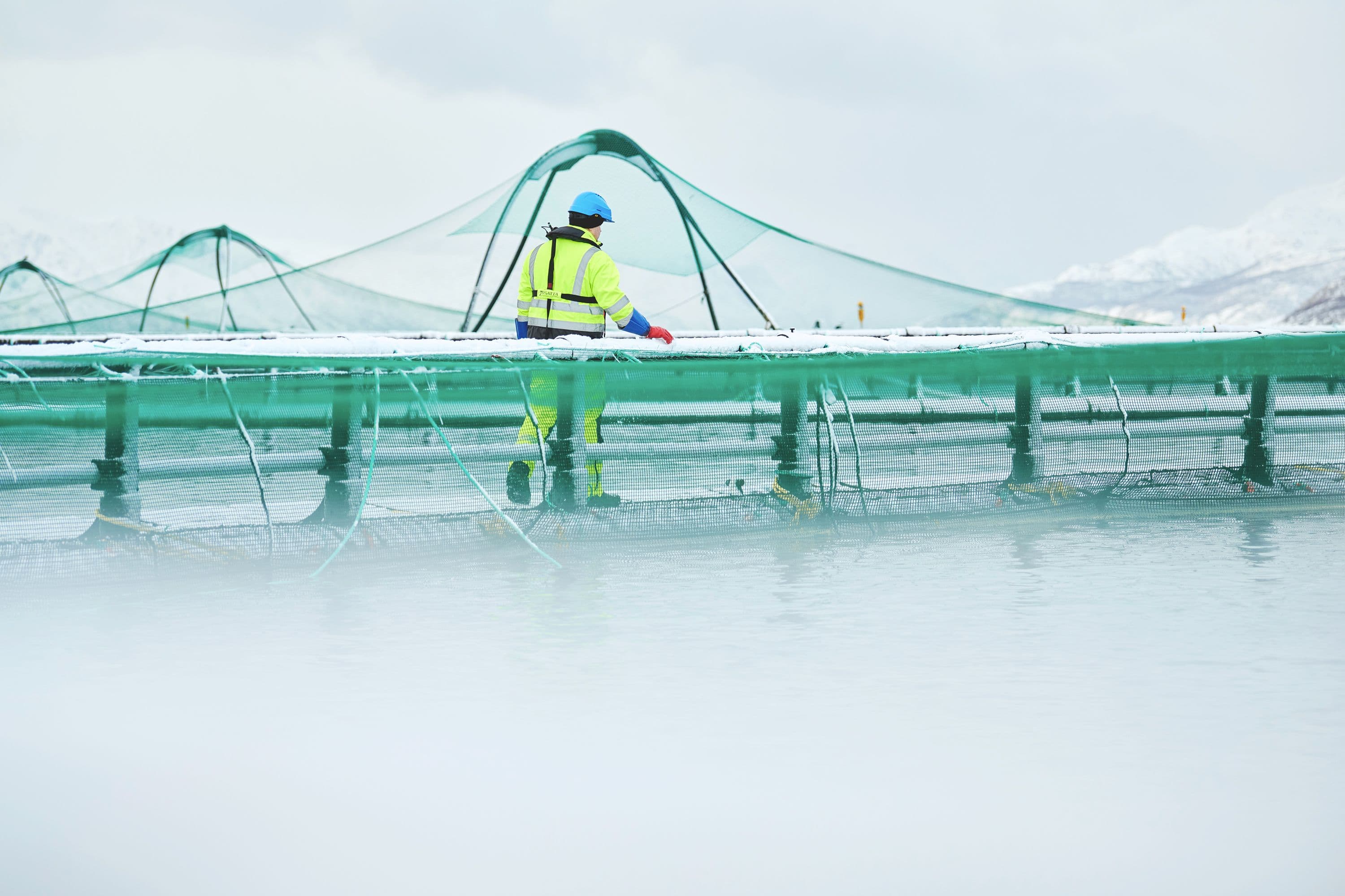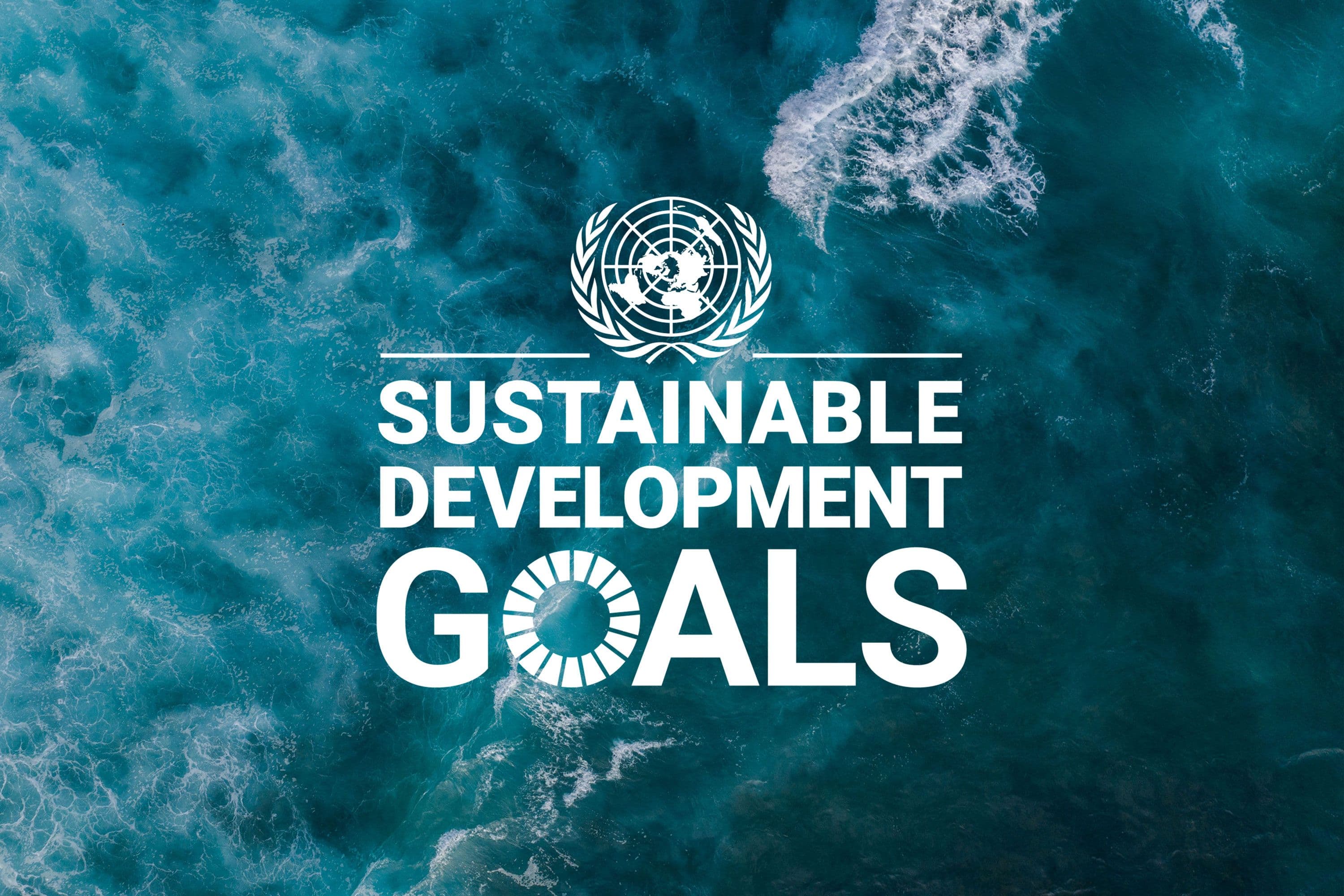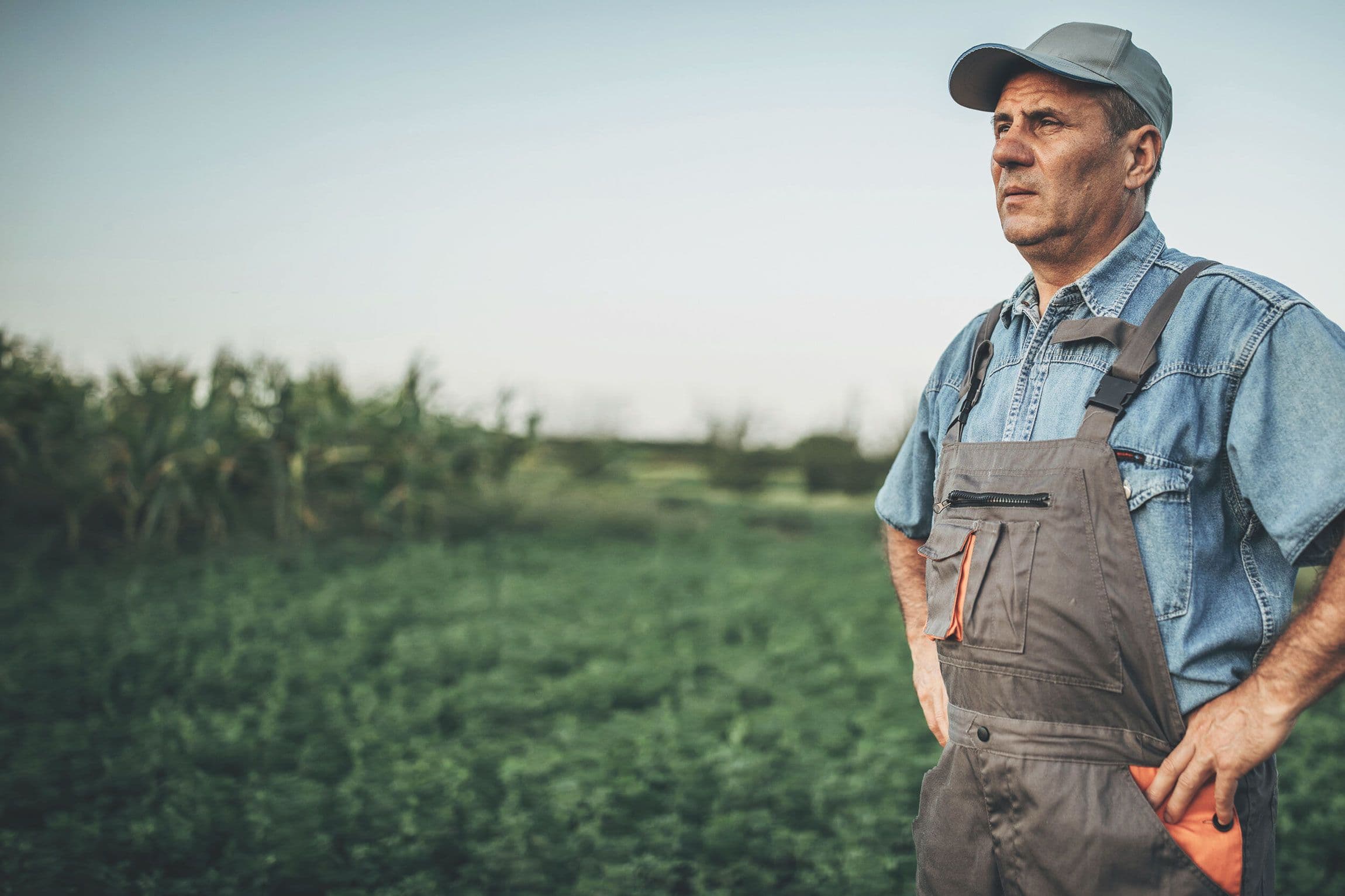Our impact
Our certifications

To ensure that our local communities, customers and civil society can trust that we farm responsibly and with the highest standards, we certify our farms according to several recognized, third-party certifications.
Aquaculture Stewardship Council (ASC)
The ASC standard was founded in 2010 by World Wildlife Fund (WWF) and IDH Sustainable Trade Initiative. ASC promotes responsibly farmed seafood through its certification and labelling program. Fish farms that meet the ASC´s standards gain the right to sell their products bearing the ASC logo. ASC-certified salmon is a responsible choice, helping the consumer to care for the natural environment and support local communities.Assessment criteria include:
- Biodiversity: Requirement to minimize impacts on the local ecosystem in a number of ways, such as the development and implementation of an impact assessment to protect birds, marine mammals, and sensitive habitats.
- Pollution: Requirement to measure various water parameters (phosphorus, oxygen levels, etc.) at regular intervals, and remain within set limits. Copper release into the water must be minimized and monitored.
- Diseases: Requirements to minimize disease outbreaks. A Fish Health Management Plan detailing steps for biosecurity management must be implemented at the farm. Survival rates must be high.
- Feed: Requirement to adhere to strict limits to minimize the use of wild fish as a feed ingredient. Grieg Seafood has contributed to the development of the new ASC feed standard.
- Social: Requirements based on the core principles of the International Labor Organization (ILO). Engagement of the local community and stakeholders related to each farm is also a requirement. Community meetings where operations, impacts and improvements are discussed and concerns are addressed is a key component.
ASC certifications in Grieg Seafood
If a farm cannot achieve the certification due to a larger biological challenge in that area, it should be compliant on all other assessment criteria by the same year.
Grieg Seafood Rogaland: 7 farms are certified.
GLOBALG.A.P
GLOBALG.A.P Global Good Agricultural Practices is a standard for both agriculture and aquaculture. The standard covers food safety, animal welfare, sustainability, employment, and traceability. GlobalG.A.P is particularly important for customers in Europe.
GLOBALG.A.P certifications in Grieg Seafood
GLOBALG.A.P is mainly used in Europe. Grieg Seafood is 100% GLOBALG.A.P certified in Rogaland.
Harvesting plants
All our our own harvesting plants are certified according to the food safety management certification FSSC 22000.
Other certifications
For certifications pertaining plant-based feed ingredients, read more here. For certifications pertaining marine feed ingredients, read more here.Where relevant, we prefer suppliers that are certified according to a Global Food Safety Initiative (GSFI) certification. The majority of relevant suppliers (such as external harvesting plants) are certified accordingly.
Related articles


